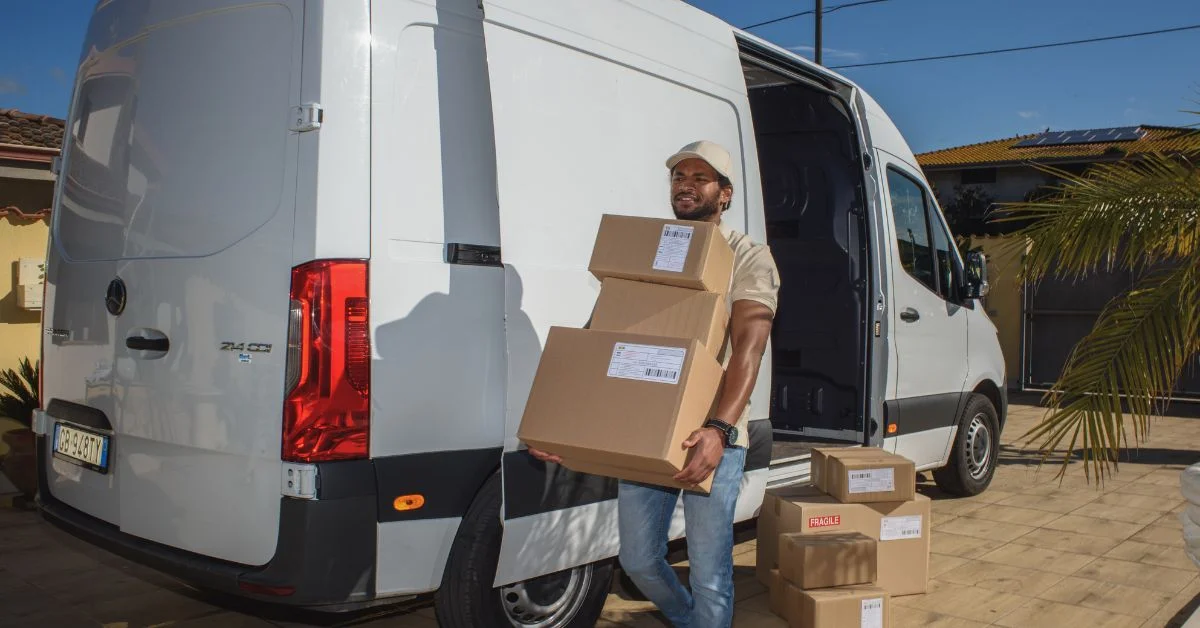Operational efficiency in healthcare is vital for ensuring high-quality patient care, regulatory compliance, and cost-effective resource management. Medical courier services play a pivotal role in this process by streamlining the transportation of medical supplies, specimens, and sensitive materials. By integrating advanced logistics technologies and adhering to strict protocols, these services contribute significantly to the efficiency of healthcare systems.
The Role of Medical Courier Services in Healthcare Operations
Medical courier services facilitate the secure and timely delivery of critical materials such as lab specimens, pharmaceuticals, medical equipment, and patient records. These specialized services are designed to meet the unique demands of the healthcare industry, including strict compliance with regulatory standards and a high degree of reliability.
- Timely Specimen Transport
Accurate diagnostics depend on the rapid and secure transportation of lab specimens. Medical couriers ensure specimens are delivered to testing facilities within optimal time frames, preserving their integrity and reducing delays in diagnosis. - Cost-Effective Resource Allocation
Outsourcing courier services allows healthcare providers to allocate their internal resources to core operations, such as patient care and clinical services. This reduces overhead costs associated with maintaining in-house logistics teams. - Improved Supply Chain Management
Medical couriers streamline the supply chain by ensuring that pharmaceuticals, vaccines, and medical devices reach their destinations efficiently. This minimizes inventory shortages and supports just-in-time delivery models.
Key Features of Efficient Medical Courier Services
- Specialized Handling Protocols
Medical couriers are trained to handle sensitive materials with care, adhering to protocols for temperature control, contamination prevention, and secure packaging. These measures ensure that transported items meet regulatory and quality standards. - Real-Time Tracking and Transparency
Advanced GPS tracking systems provide real-time visibility into the location and condition of deliveries. This transparency reduces uncertainty and allows healthcare providers to plan their operations more effectively. - Route Optimization Technologies
By leveraging data-driven algorithms, courier services identify the most efficient routes, reducing transit times and fuel consumption. This supports environmental sustainability and cost savings. - Regulatory Compliance
Medical couriers adhere to strict guidelines, including HIPAA for patient confidentiality and OSHA for hazardous material handling. Compliance ensures that healthcare organizations meet legal and ethical standards.
Technological Advancements Enhancing Efficiency
- IoT-Enabled Monitoring
Internet of Things (IoT) devices embedded in transport containers monitor critical variables such as temperature, humidity, and vibration. Real-time data transmission ensures immediate action can be taken in case of deviations. - Blockchain for Data Integrity
Blockchain technology provides an immutable record of transactions and conditions throughout the logistics process. This is particularly useful for compliance audits and quality assurance. - Automation and Robotics
Automated sorting and packaging systems reduce manual errors and expedite the preparation of deliveries. Robotics in distribution centers further streamline operations.
Operational Benefits for Healthcare Providers
- Enhanced Patient Outcomes
By ensuring timely and accurate delivery of diagnostic specimens and medical supplies, courier services contribute to improved patient care and treatment outcomes. - Minimized Downtime
Efficient logistics prevent disruptions in clinical and laboratory workflows, reducing downtime and enabling healthcare providers to operate seamlessly. - Scalability
Medical courier services are equipped to handle fluctuating demands, allowing healthcare organizations to scale operations without compromising efficiency.
Addressing Common Challenges
- Navigating Urban Congestion
Medical couriers employ GPS-based route optimization to navigate traffic congestion, ensuring timely deliveries even in densely populated areas. - Handling Time-Sensitive Materials
The implementation of temperature-controlled packaging and IoT monitoring mitigates risks associated with transporting time-sensitive materials, such as vaccines or biological samples. - Data Security Concerns
Secure data encryption and compliance with HIPAA standards ensure the confidentiality of sensitive patient and healthcare information.
Impact on the Healthcare Ecosystem
The operational efficiencies provided by medical courier services extend beyond individual healthcare facilities. These services support the broader healthcare ecosystem by ensuring the seamless flow of critical materials between hospitals, clinics, laboratories, and pharmacies. By reducing delays and optimizing resource utilization, medical couriers enhance the overall effectiveness of healthcare delivery.
Final Thoughts
Medical courier services are integral to achieving operational efficiency in healthcare. Through specialized handling protocols, advanced technologies, and compliance with stringent regulations, these services ensure the secure and timely transportation of critical materials. As healthcare systems face growing demands, the role of medical courier services will remain essential in supporting efficient, scalable, and patient-centered care.









